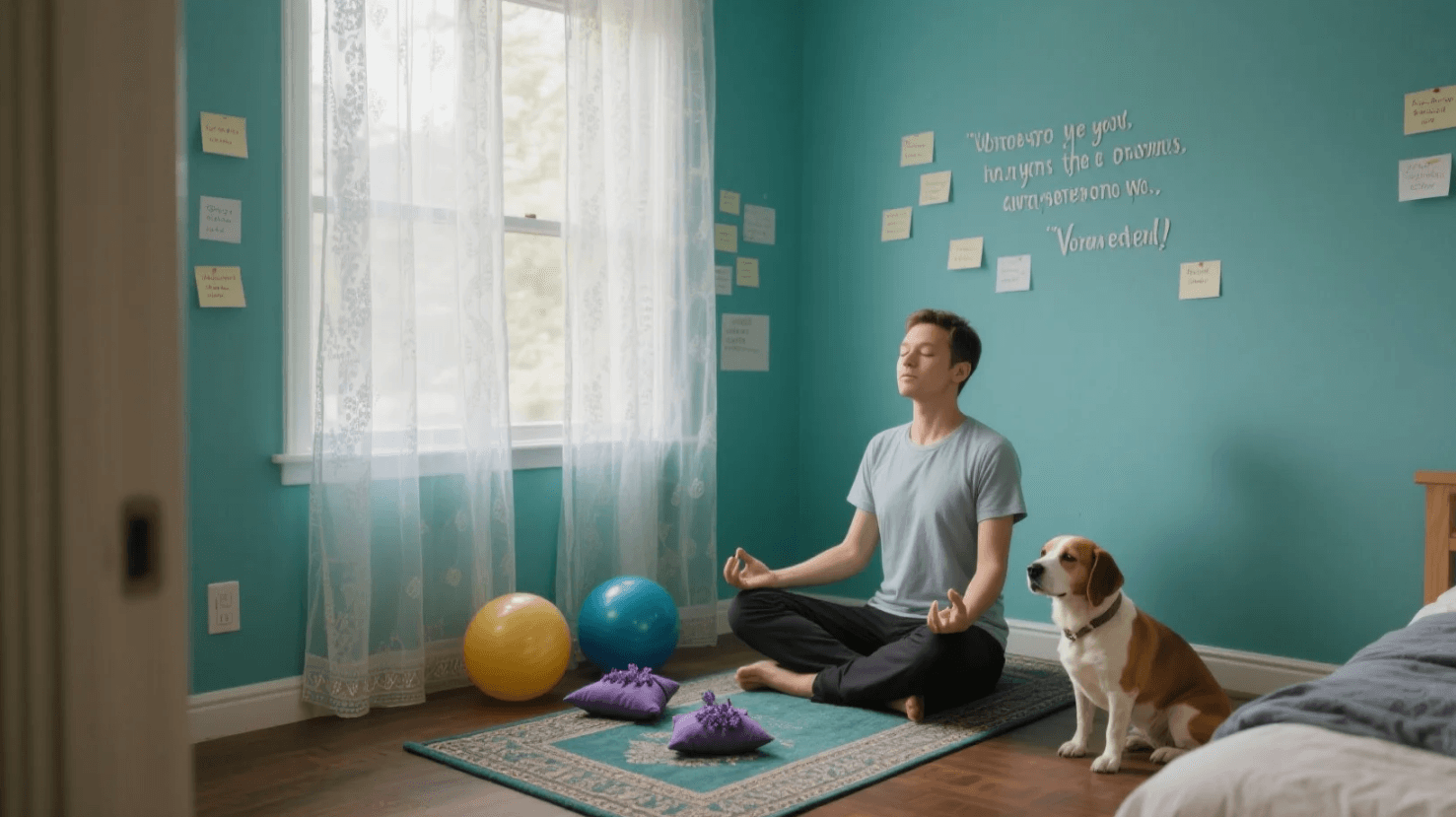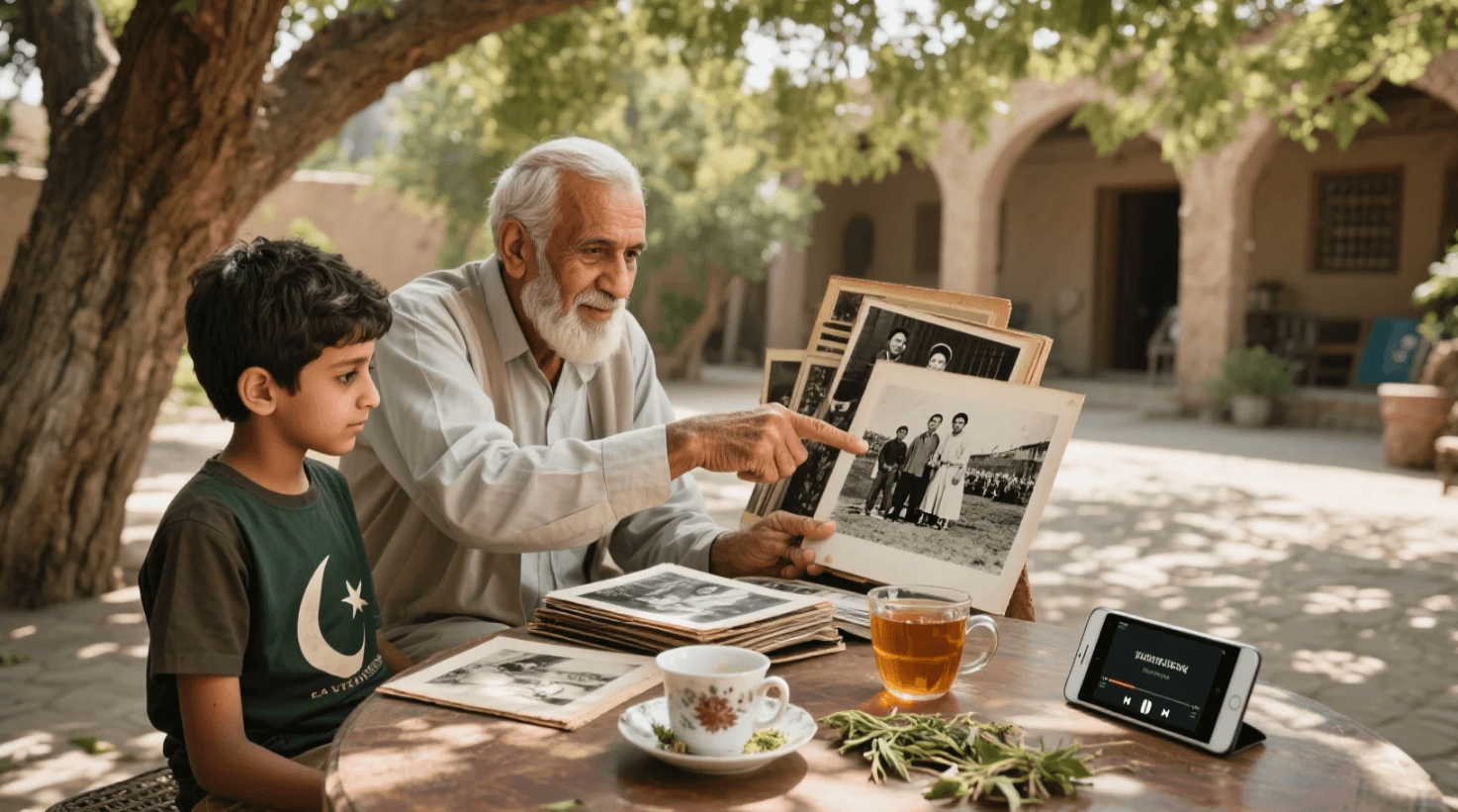How to Support a Family Member with Anxiety (South Asian Perspective)
Anxiety disorders affect 1 in 5 Indians (National Mental Health Survey 2023), yet cultural stigma often prevents families from addressing it properly. Unlike Western societies where mental health is openly discussed, South Asian families may dismiss symptoms as "just stress" or "overthinking."
This guide offers culturally sensitive, practical strategies to help your loved one while navigating traditional family dynamics.
Understanding Anxiety in a South Asian Context
1. How Anxiety Manifests Differently
- Physical Symptoms: Stomachaches, headaches, or unexplained fatigue (common in collectivist cultures where emotional expression is discouraged).
- Behavioral Signs: Excessive rituals (e.g., over-cleaning), avoiding social events, or seeking constant reassurance.
2. Cultural Barriers to Care
✔ Stigma: "Log kya kahenge?" (What will people say?)
✔ Spiritual Misinterpretation: Attributing anxiety to "nazar" (evil eye) or past karma.
✔ Gender Roles: Men are expected to "tough it out," while women’s anxiety is often labeled "hormonal."
Mumbai psychiatrist Dr. Anil K. notes: "70% of my patients’ families initially resist diagnosis, fearing marriage prospects will be affected."
8 Ways to Support Without Stigma
1. Educate Yourself (And the Family)
- What to Say:"Anxiety is like diabetes—it’s a medical condition, not weakness."Share anonymized articles (e.g., "Deepika Padukone’s anxiety journey") to normalize the topic.
- Avoid: "Just pray/meditate more." (While helpful, this shouldn’t replace professional care.)
2. Reframe the Conversation
- Traditional Approach: "Why are you like this?" → Triggers shame.
- Better Approach: "I notice you’ve been quiet lately. How can I help?" → Builds trust.
3. Create a "Safe Space" at Home
- Small Changes:Designate a quiet corner with dim lighting and cushions.Establish "no forced socialization" rules during gatherings.
- Delhi mom Priya R.’s hack: "We let our daughter skip pujas when her social anxiety flares—now she joins voluntarily when ready."
4. Leverage Cultural Strengths
- Family Meals: Shared meals reduce isolation (studies show eating together lowers cortisol).
- Grandparents’ Wisdom: Elders can share historical family resilience stories (e.g., "Remember how Dada-ji survived Partition?").
5. Encourage Professional Help Tactfully
- For Skeptical Families:Frame therapy as "a doctor for the mind, like a cardiologist for the heart."Start with telemedicine (more private than clinic visits).
- Affordable Resources:India: The Mind Clinic (₹500/session).Pakistan: Taskeen Foundation (free helpline).
6. Normalize Medication (If Prescribed)
- Counter Myths:"Anti-anxiety meds aren’t addictive when used correctly.""They’re like glasses for the brain—they help it function."
7. Practice Grounding Techniques Together
- Culturally Adapted Methods:5-4-3-2-1 Technique: Name 5 things you see (e.g., diya, family photo), 4 things you feel (e.g., kurta fabric), etc.Chai Mindfulness: Focus on the smell/taste/sound of boiling tea.
8. Address Financial Stressors
- Anxiety Triggers in South Asia:Job insecurity (especially post-layoffs).Wedding/education expenses.
- Support Ideas:Help update résumés or explore side hustles.Reassure: "We’ll figure this out together."
What NOT to Do
❌ Force Participation: Dragging someone to a loud wedding will backfire.
❌ Compare: "Your cousin handles stress better!"
❌ Enable Avoidance: Covering for them indefinitely prevents growth.
When to Seek Emergency Help
🚨 Crisis Signs:
- Talking about self-harm.
- Not eating/sleeping for days.
- Panic attacks lasting over 30 minutes.
Urgent Contacts:
- India: Vandrevala Foundation (9999 666 555).
- Pakistan: Umang (0311 7786264).
Success Story: Breaking Generational Chains
Bangalore software engineer Arjun T.: "My father called therapy ‘nonsense’—until he saw my panic attacks decrease. Now he asks, ‘Did you do your breathing exercises?’"
Key Takeaway: "Supporting someone with anxiety isn’t about ‘fixing’ them. It’s about walking beside them without judgment."
Sources:
- National Mental Health Survey of India (2023)
- Journal of South Asian Psychology (Cultural Manifestations of Anxiety)
- Taskeen Foundation Mental Health Reports (Pakistan)
- Dr. Anil K.’s Clinical Case Studies (Mumbai)
alice
|
2025.04.30

